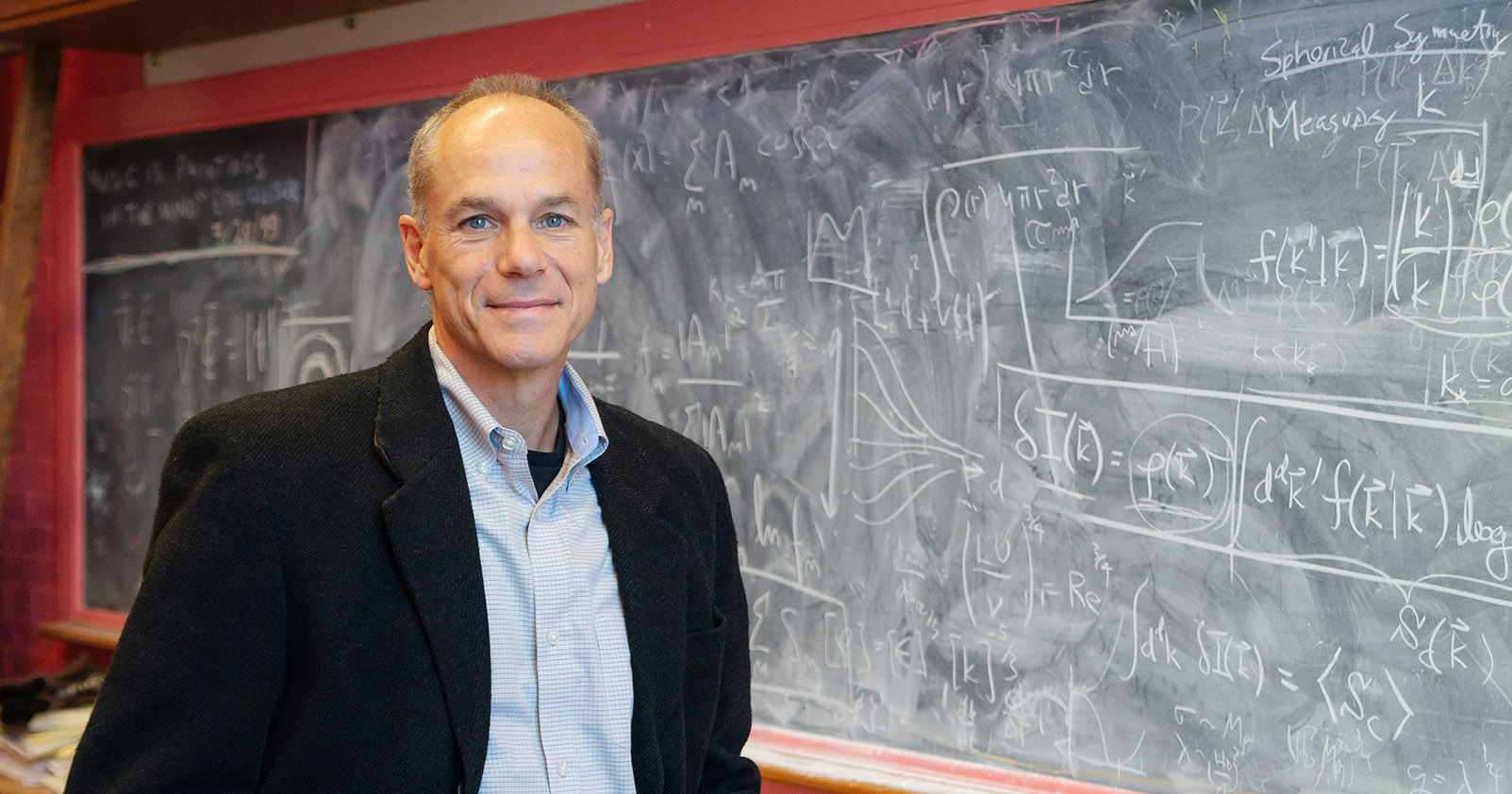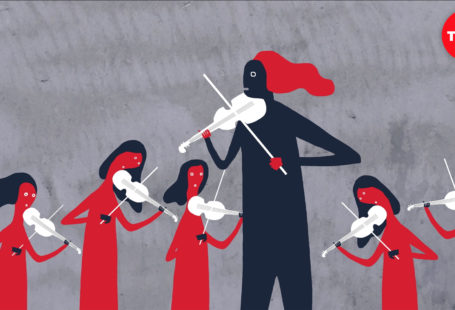
Marcelo Gleiser, an astrophysicist and philosopher exploring the origins of the cosmos and creation accentuates humanity’s perpetual struggle to understand its place in the universe :
We are naturally driven to make sense of the world and our place in it. Advances in math, technology, computers, all have revealed deeper mysteries, and the true vastness of space and time. Yet there are so many questions we still have no clue about. Because nature is smarter than we are, we’re always playing the game of catch-up. The more we know, the more we are exposed to questions and mysteries, and the more we know to ask.
Having won the Templeton Award for his “exceptional contribution to affirming life’s spiritual dimension,” he explains the crucial link between spirituality and science :
To me, science is one way of connecting with the mystery of existence…the mystery of existence is something we have wondered about ever since people began asking questions about who we are and where we come from. While those questions are now part of scientific research, they are much older than science. I’m not talking about the science of materials, or high temperature superconductivity, which is super important, but that’s not the kind of science I’m talking about. I’m talking about science as part of a much grander and older sort of questioning about who we are in the picture of the universe.
To me as a physicist and also someone who spends time out in the mountains, this sort of questioning offers a deeply spiritual connection with the world, thorough my mind and through my body. I think this is what Einstein would have said about his “cosmic religious feeling.”
As human beings who happen to be living in a universe filled with mystery, he states why we should take a much humbler approach to what we know :
Science is magnificent but it has its limits. The essence of empirical science is that Nature always has the last word… Science is thus necessarily limited, telling only part of the story –the part we can see and measure, the other part remains beyond our reach.
What we see of the world is only a sliver of what is out there. There is much that is invisible to the eye, even when we augment our sensorial perception with telescopes, microscopes and other tools of exploration. Like our senses every instrument has a range. Because much of Nature is hidden from us, our view of the world is based only on the fraction of reality that we can measure and analyze. Thus, we are confined within the limits of our knowledge of the natural world, and yet we strive toward knowledge, always more knowledge…
Yet we cannot ever think that we know everything. Knowledge advances yes, but it is like an island surrounded by the ocean of the unknown. “As the Island of Knowledge grows so does the shore of our ignorance.”
He recites his relationship with science as “a kind of flirt with the unknown” in which he explores the marvels of the universe.
It is the flirting with this mystery, the urge to go beyond the boundaries of the known that feeds our creative impulse, that makes us want to know more. What motivates this spirit of discovery is awe and wonder, and the joy of being part of the process.
[…]
It is in the face of the unknown that we experience human fallibility and humility. We are actually confronting the mystery of who we are.
As for life on earth and possibility of life in other planets he says:
Yes, there are others out there, possibly –but right now we have this world, and we are these amazing molecular machines capable of self-awareness, and all that makes us very special indeed. The point is…to put humanity back in the moral center of the universe, in which we have a moral duty to preserve this planet and its life with everything that we have got. Because we understand how rare the whole game is and that for all practical purposes we are alone. We have to do this. What we really need in this increasingly divisive world is a new unifying myth. So what is the “myth” –the story that will define the culture of the 21st century? It has to be a myth of our species, not about any particular belief system or political party.
In the middle of all this, many see science as ‘the enemy,’ a force of evil that robs people of their faith and creates even more ways to ruin the world as we know it.
How alarming ! We need a new voice for science, a voice that presents it for what it is: a very human construction that has its roots in the same age-old questions that has haunted our ancestors for millennia. We are all in this together, and our doubts and fears are more universal than we think. As is our ability to wonder. Let us then find these universal qualities and work to celebrate and preserve life and this fragile planet that we all share.
Duygu Bruce
March 23, 2020
Reference:
New York Academy of Sciences, 05/02/2020
Scientific American, 20/03/2019













Social Profiles